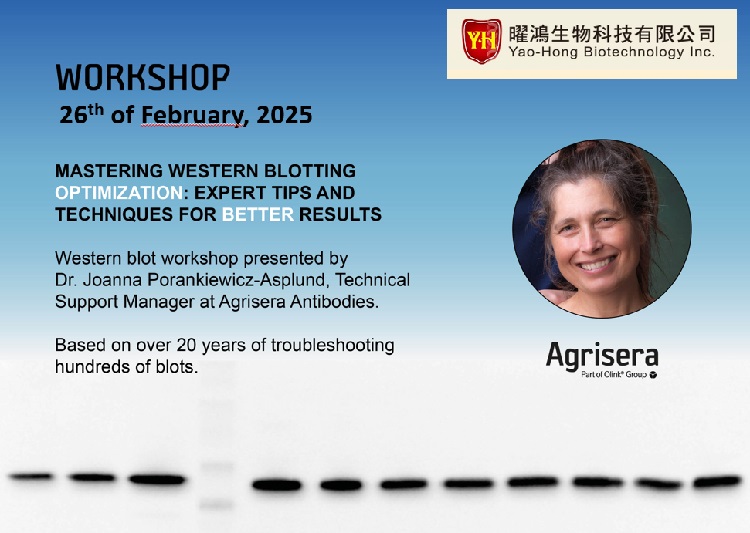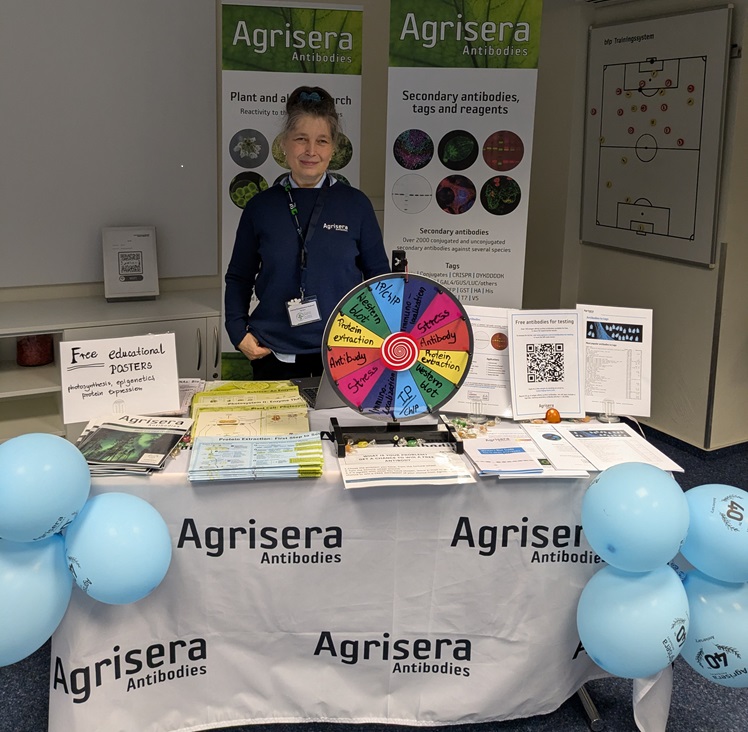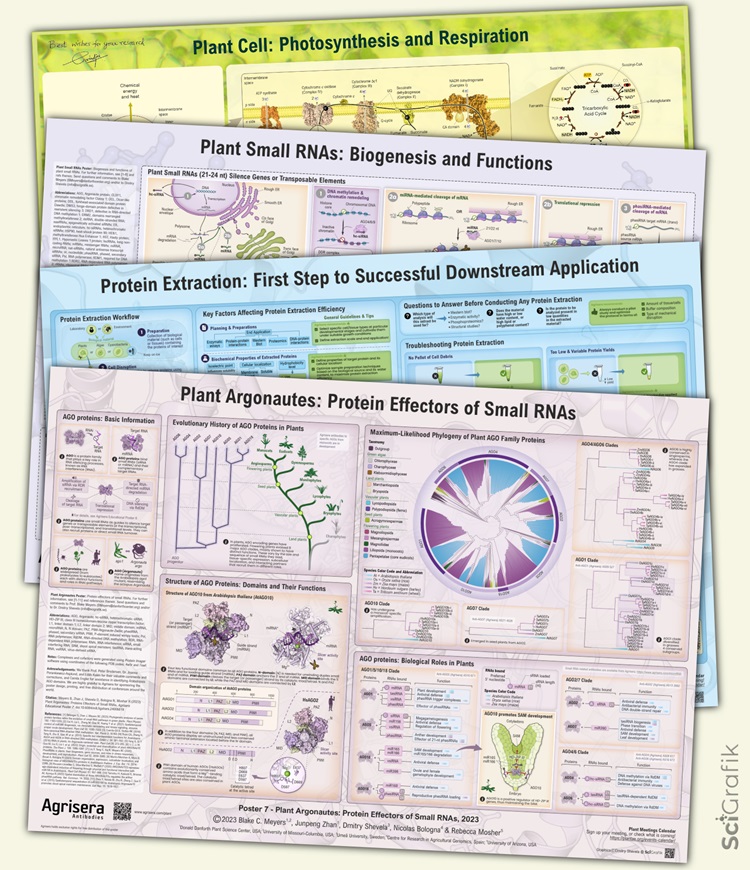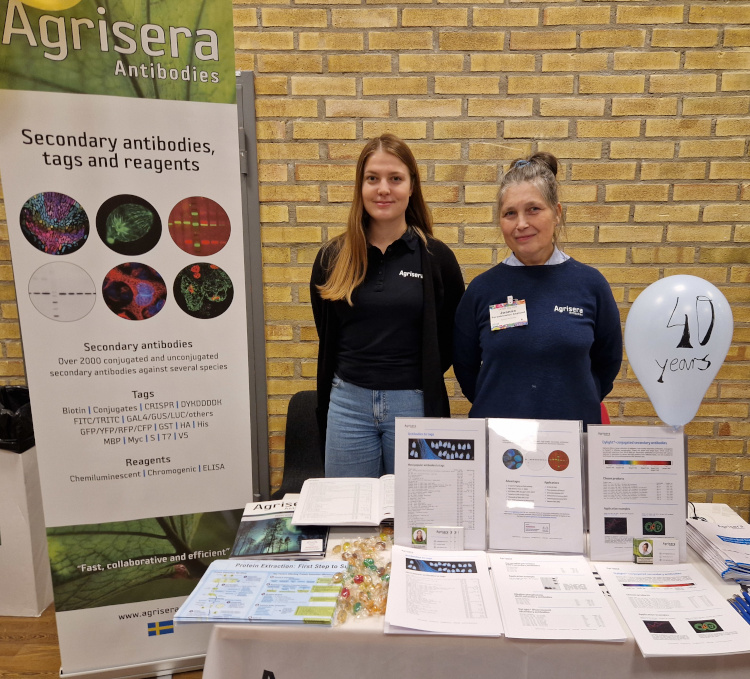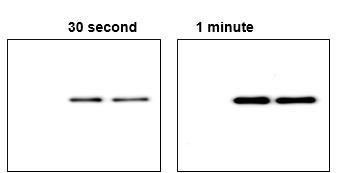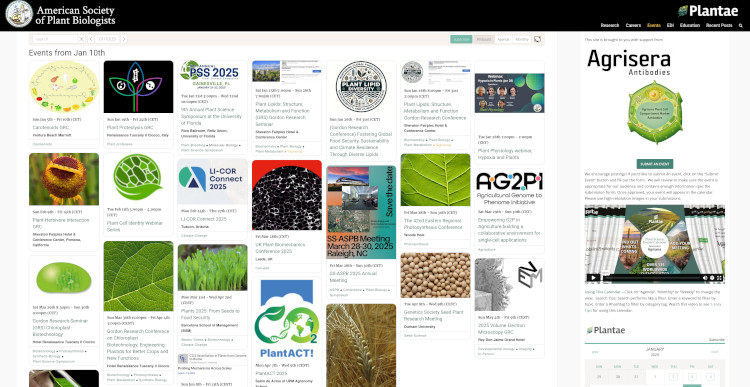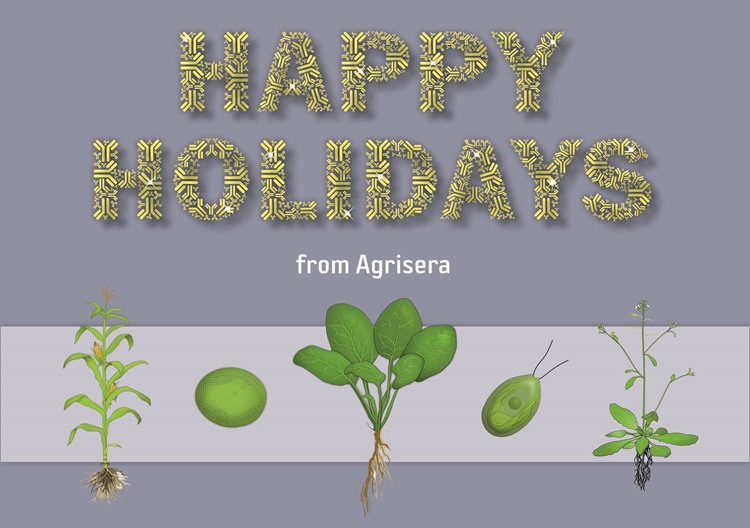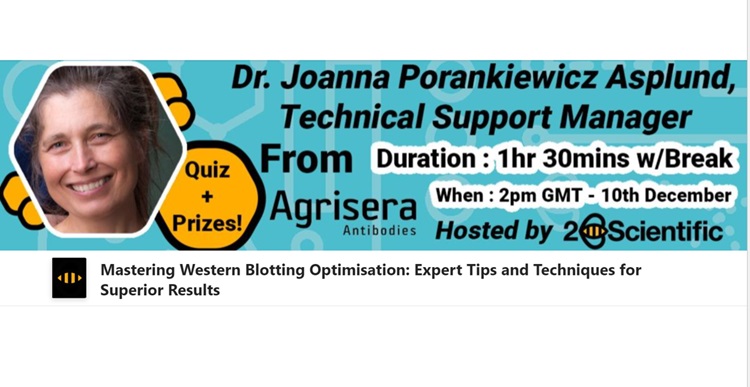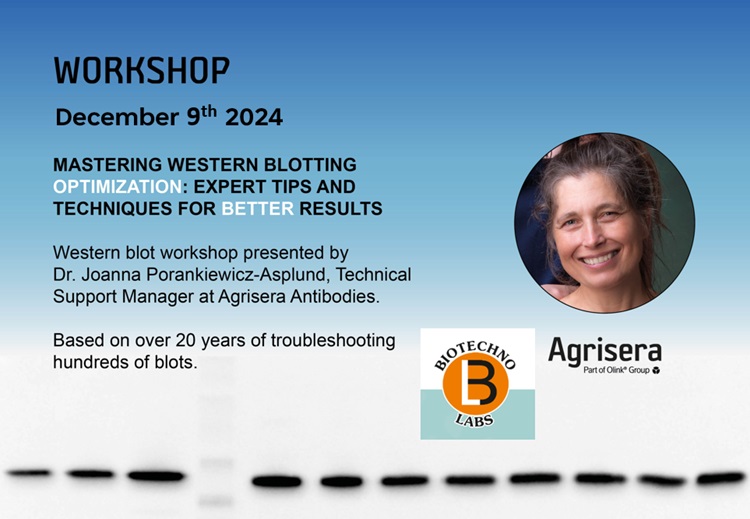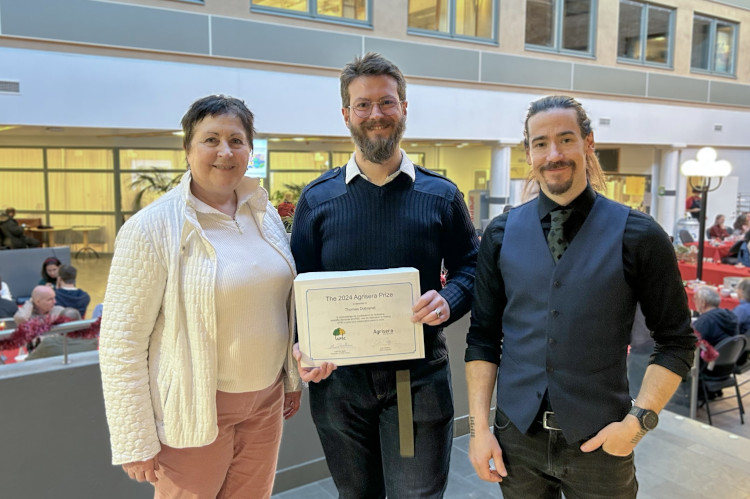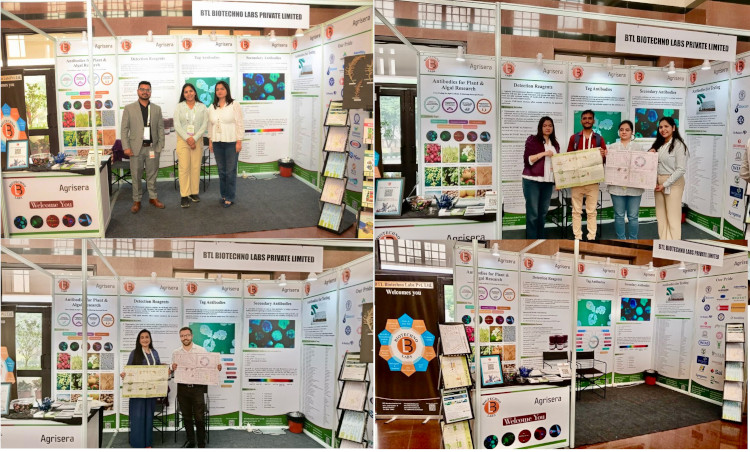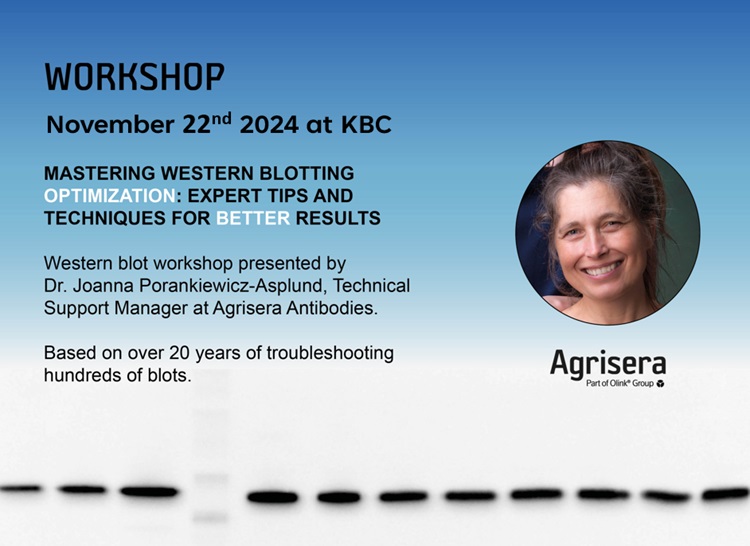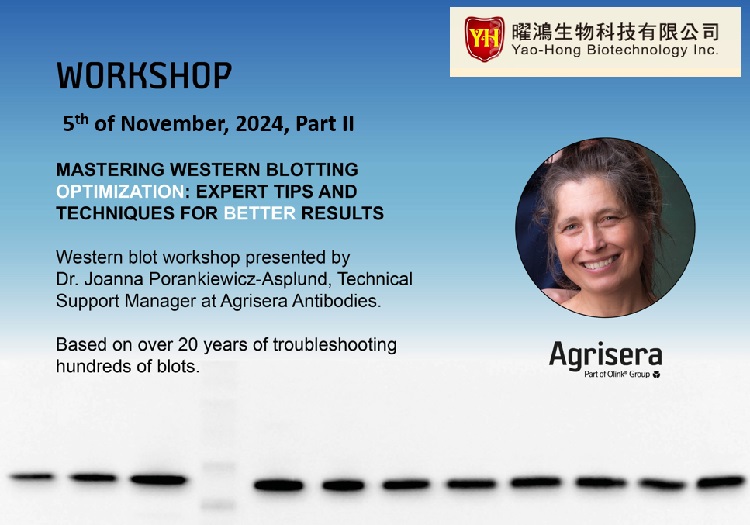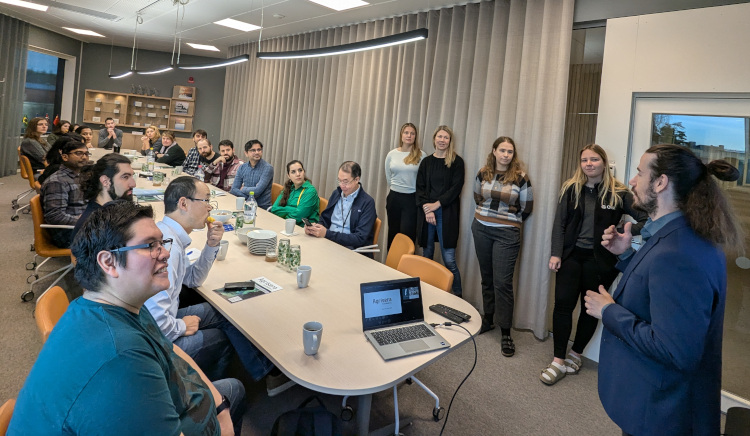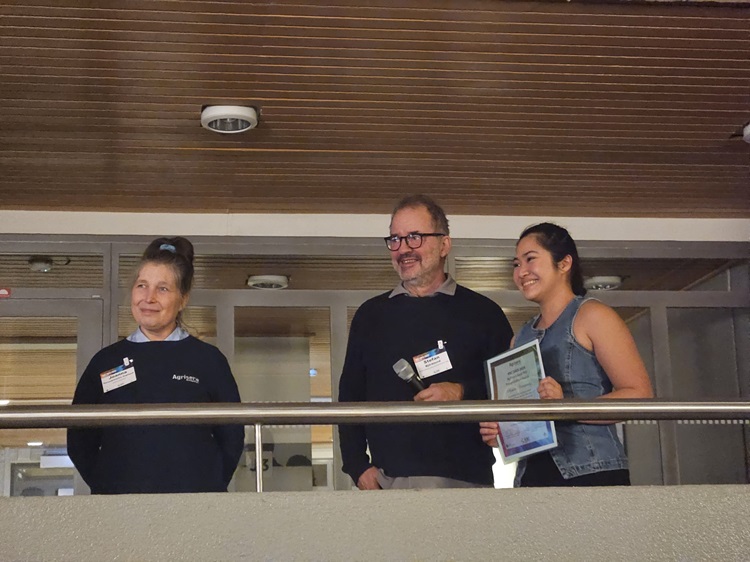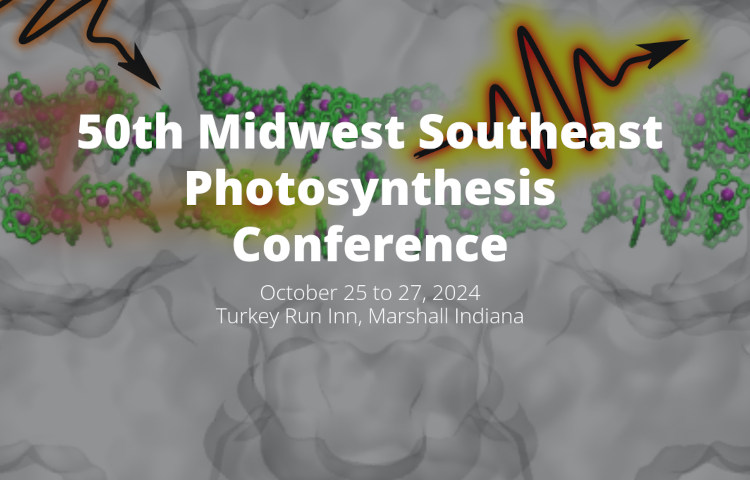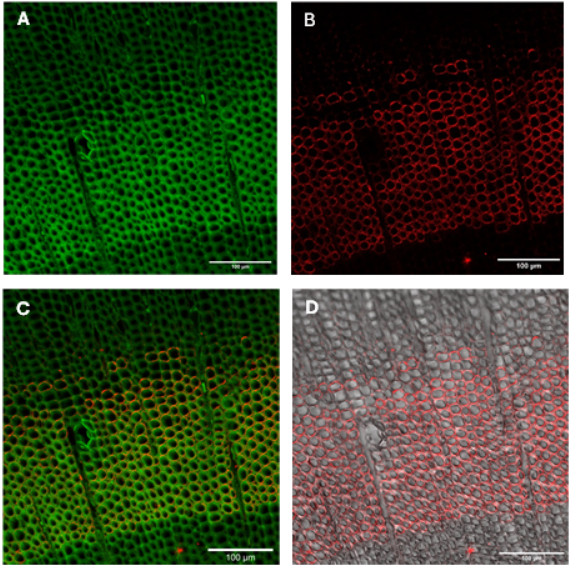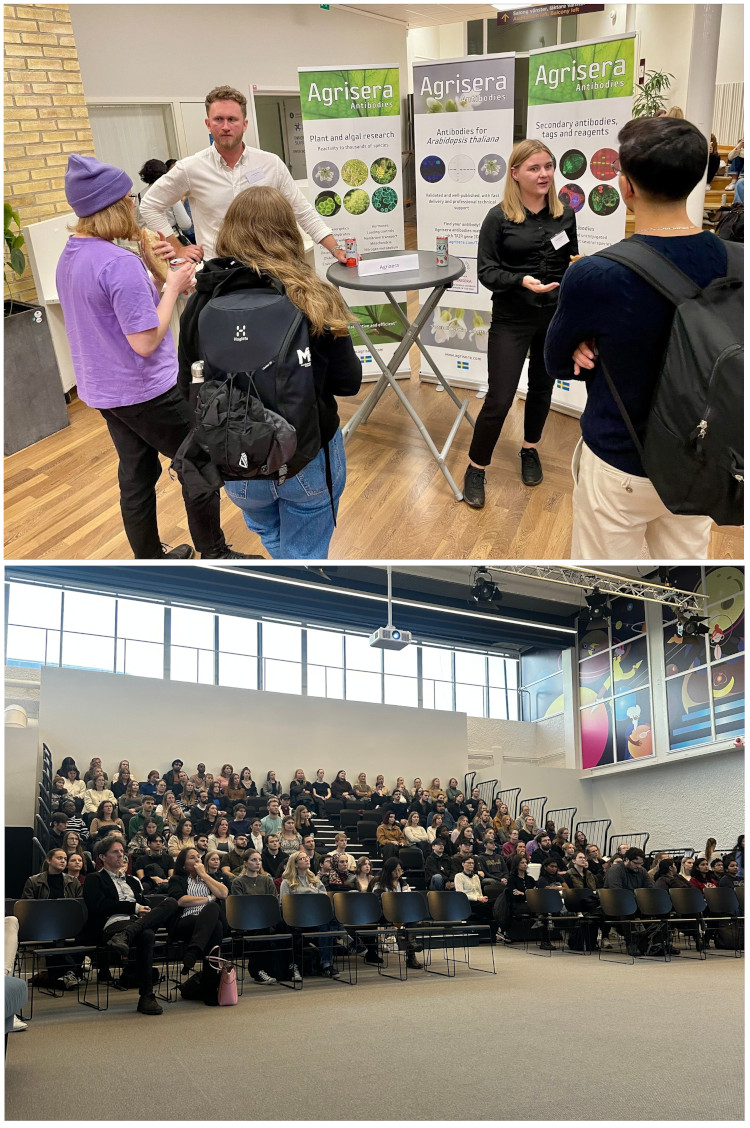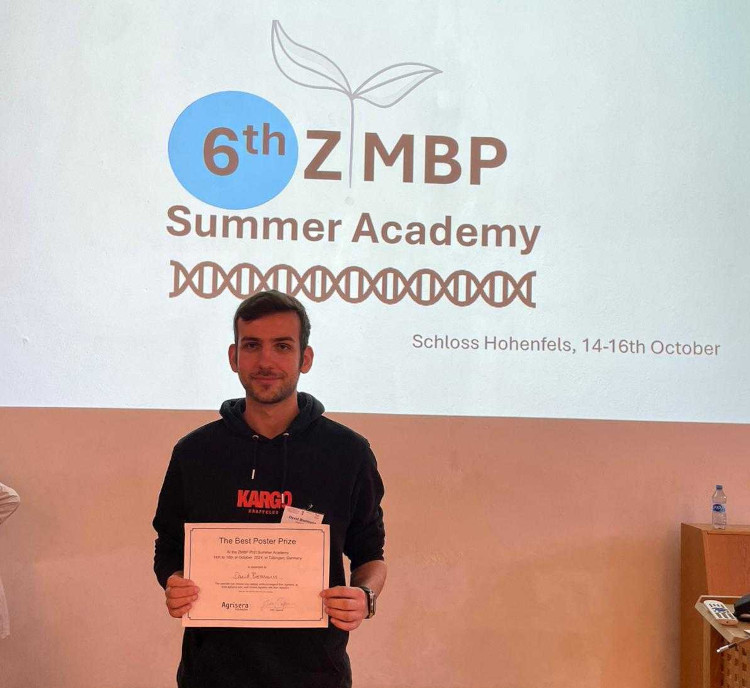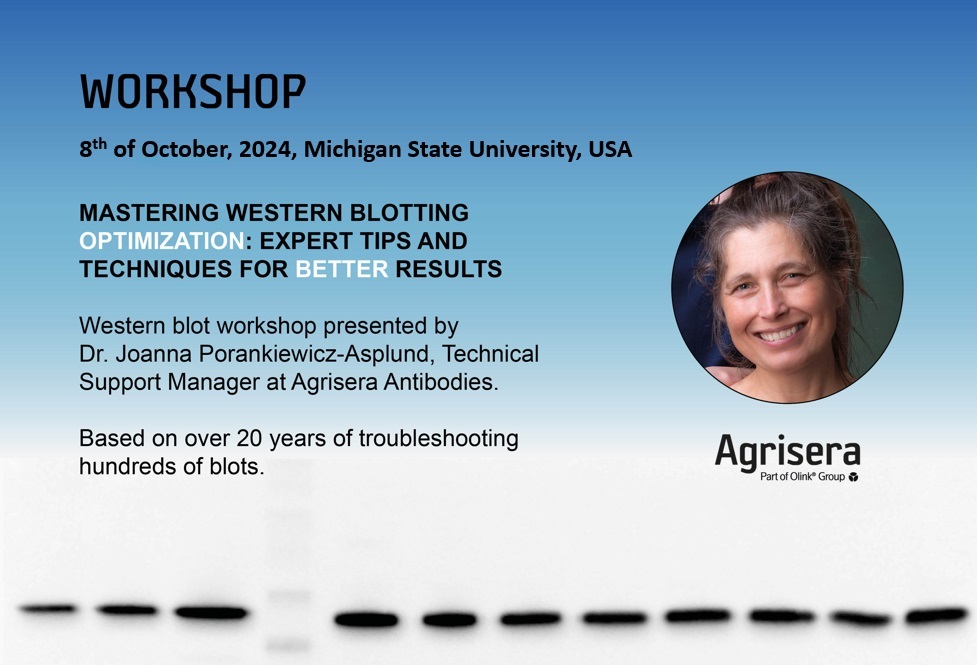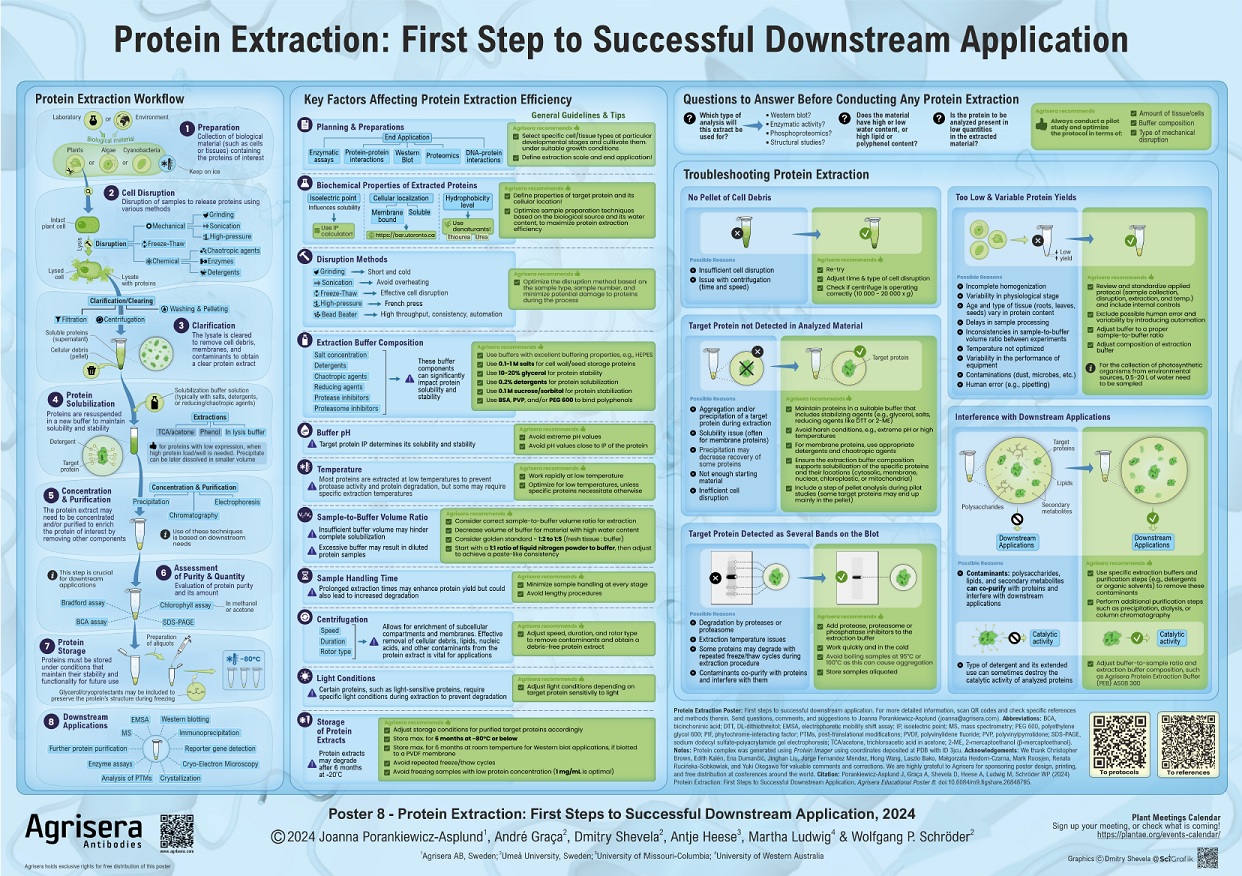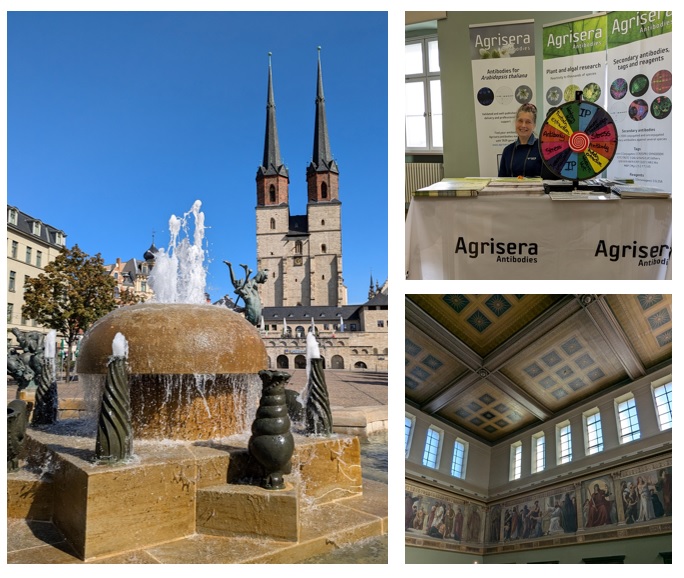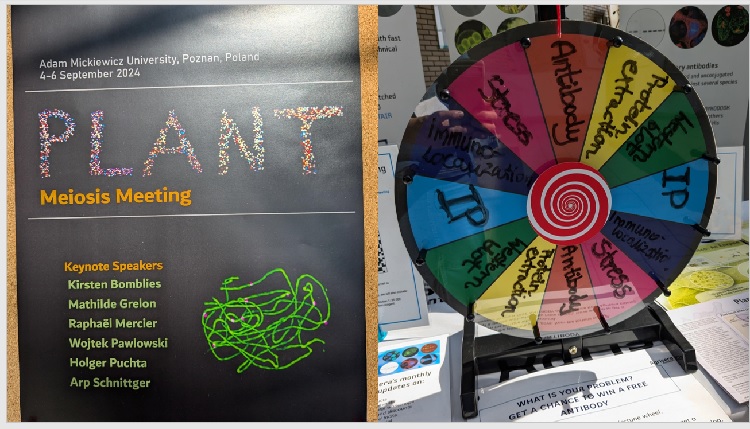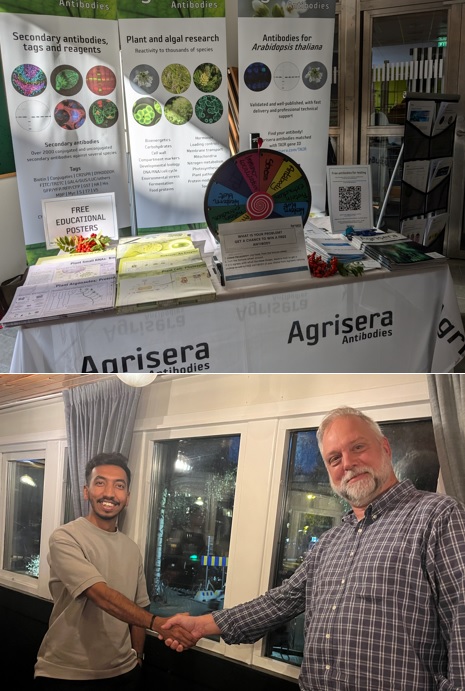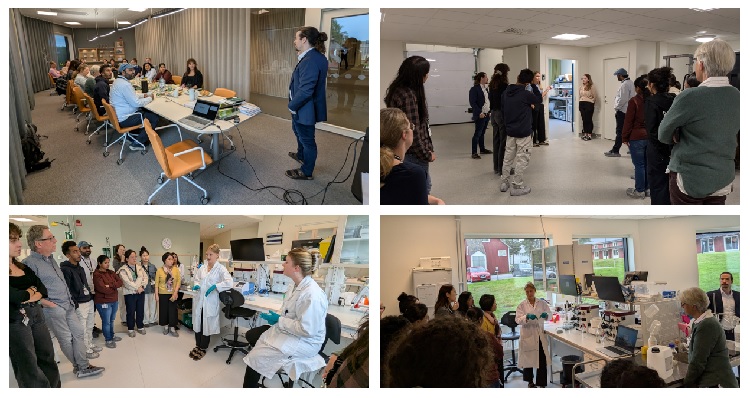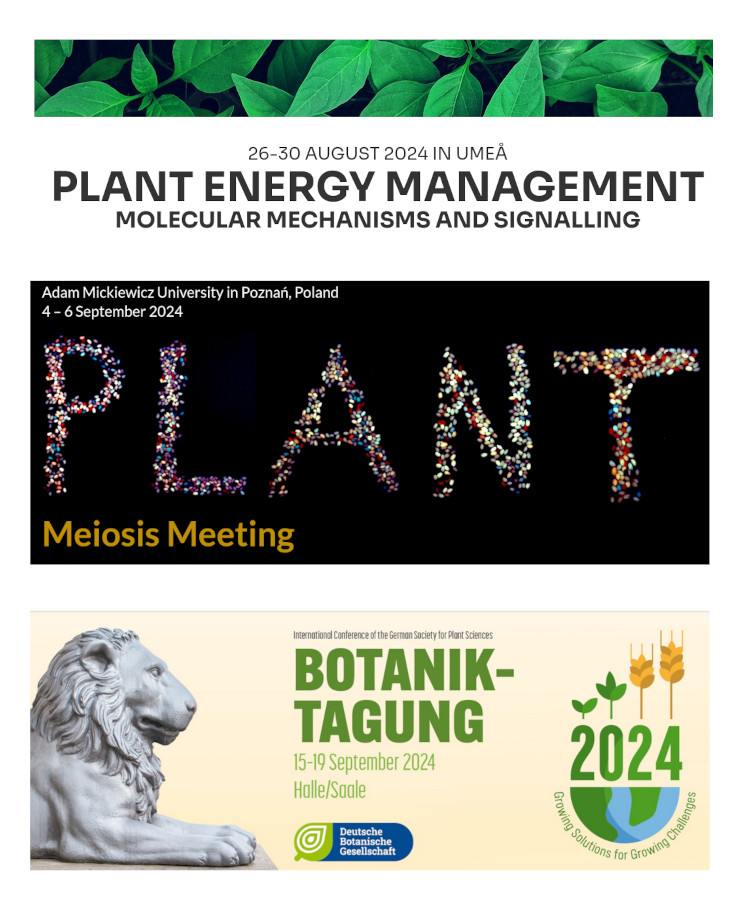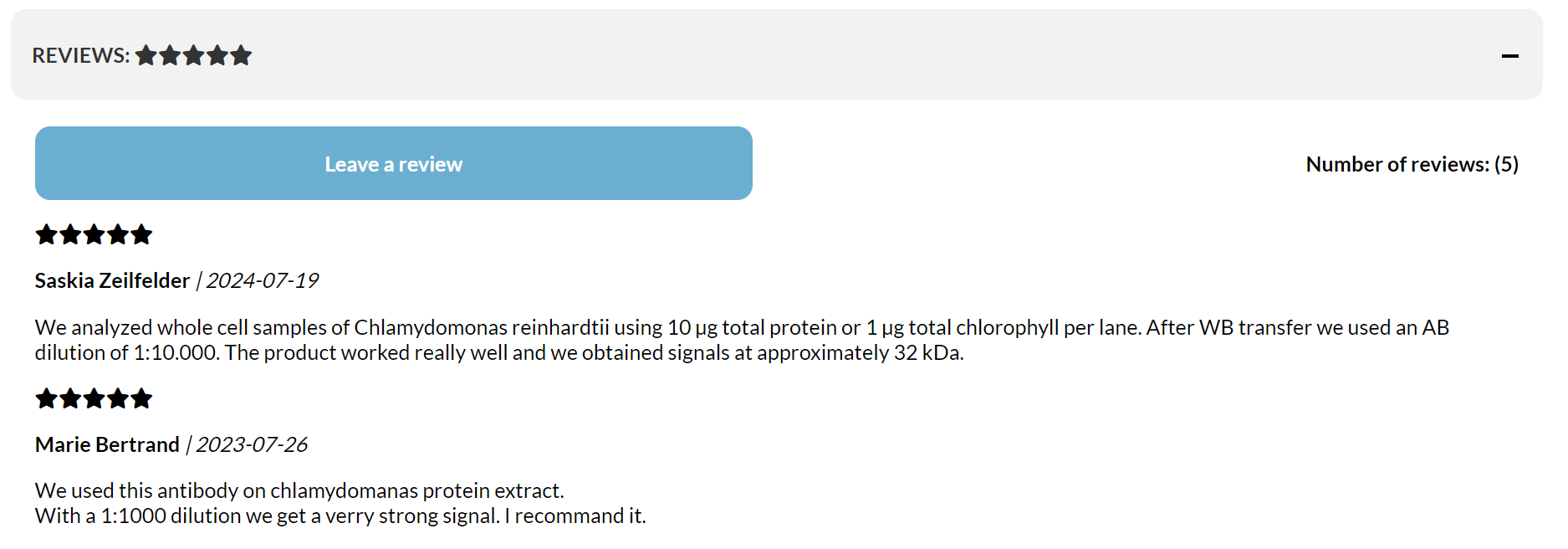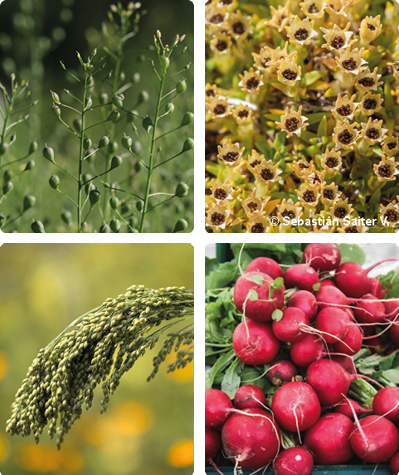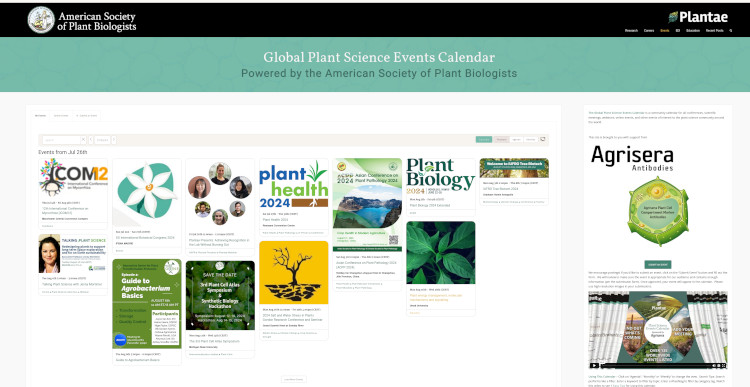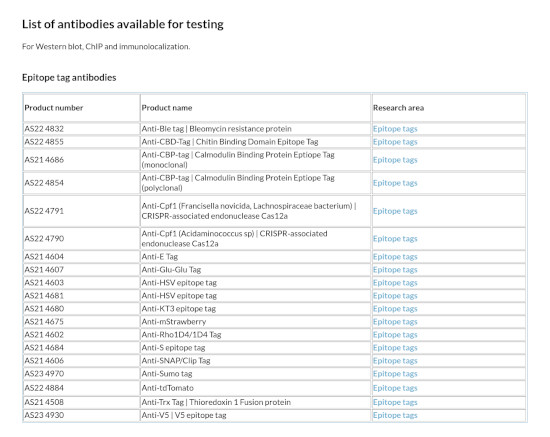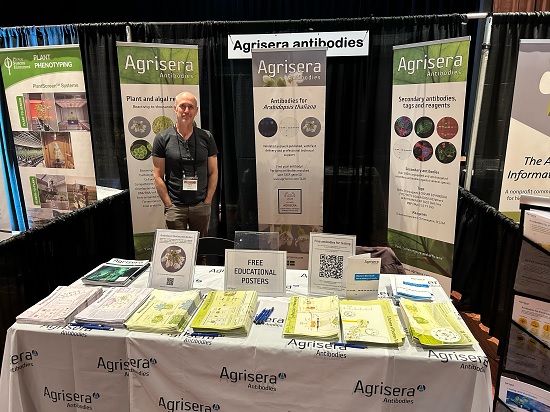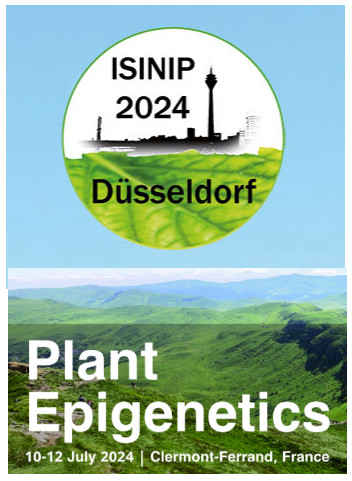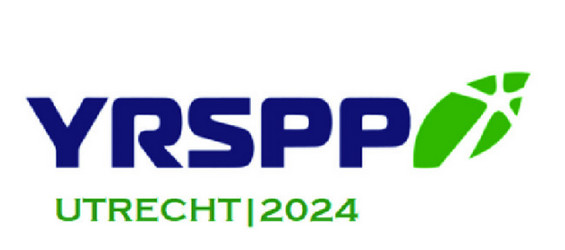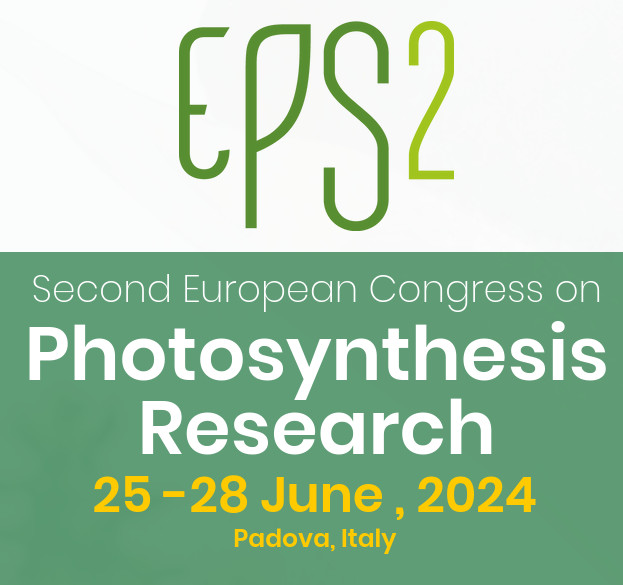Interview with Prof. Martha Ludwig
Prof. Martha Ludwig

Dr. Martha Ludwig earned a BA in Biological Sciences from Smith College, and a PhD from McGill University, studying chloroplast evolution. After postdoctoral research on algal surface antigens and CO₂-concentrating mechanisms, she became a lecturer at Australian National University and Macquarie University before joining University of Western Australia in 2003. Her research focuses on the molecular evolution, biochemistry, cell biology, and genetics of C₄ photosynthesis in monocots and dicots.
- Please tell us about yourself and your research/institution.
I am a plant cell and molecular biologist with a focus on the evolution of C₄ photosynthesis. I did my PhD at McGill University in Montréal, Canada, on the evolution of some algal chloroplasts from eukaryotic endosymbionts. I then moved to Australia and did postdoctoral work on algal cell surface proteins, cyanobacterial CO₂ concentrating mechanisms, and C₄ photosynthesis evolution. I am currently at the University of Western Australia in Perth, Western Australia, in the School of Molecular Sciences.
- What motivated you to get into plant science?
I had a fantastic mentor for my final year Special Studies project, which looked at stress response proteins in pea, at Smith College, Northampton, MA, USA. He knew algal and land plant cell biology and made research both challenging and fun. I also grew up on a dairy farm, so knowing the land and the crops it would support were part of life.
- How have you used (Agrisera) antibodies in your research?
The work in my lab uses groups of plants with closely related species that do ancestral C₃ photosynthesis, the evolutionarily derived C₄ pathway, or forms of C₃-C₄ intermediate photosynthesis. We use Agrisera antibodies to label photosynthetic and photorespiratory proteins on leaf sections of these plants at the light and electron microscope levels. These studies allow us to identify changes in the inter- and intracellular location of the proteins in plants that represent the C₃ to C₄ evolutionary continuum.
- Any further comments?
It is a pleasure working with Agrisera! The team is responsive, supportive, and want to progress plant science.
Links
• Prof. Martha Ludwig, University of Western Australia
• Agrisera Photosynthesis Antibodies
• Agrisera antibodies to proteins involved in plant stress response



